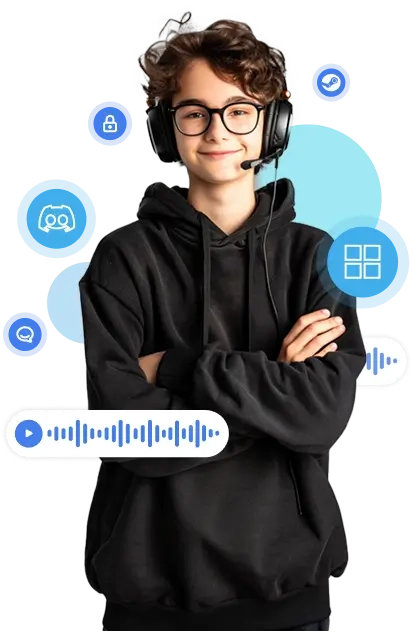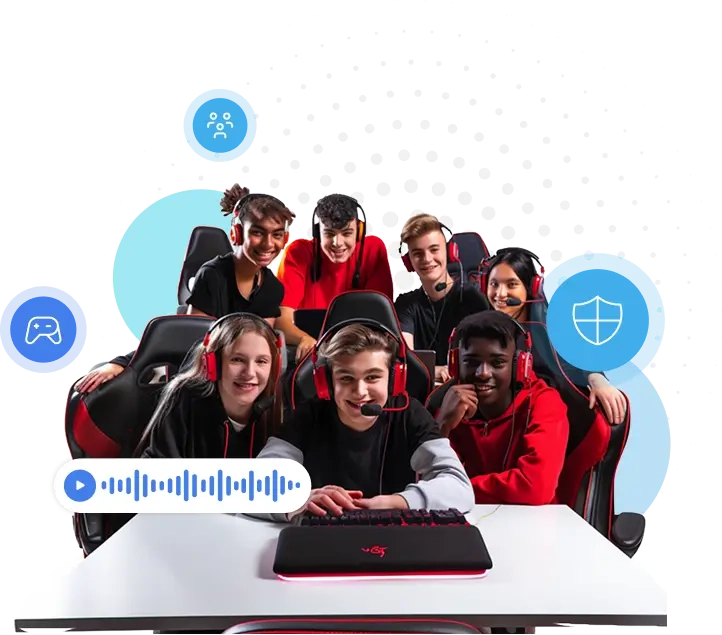Seamless protection that builds trust, safeguards your customers, and elevates your brand.

SMS protection that learns, adapts, and instantly defends
Keep every inbox safe, secure, and scam-free

Scam screening and instant safety reports deliver protection everywhere your customers connect
Keep teams safe from impersonation, scams, and sophisticated threat engineering


Detect and block scams, phishing attempts, predators, and other threats encountered while gaming
Monitor Discord chats and voice channels, flagging scams, predators, and harmful content

Unique, tailor-made systems for employees or customers built around your exact needs